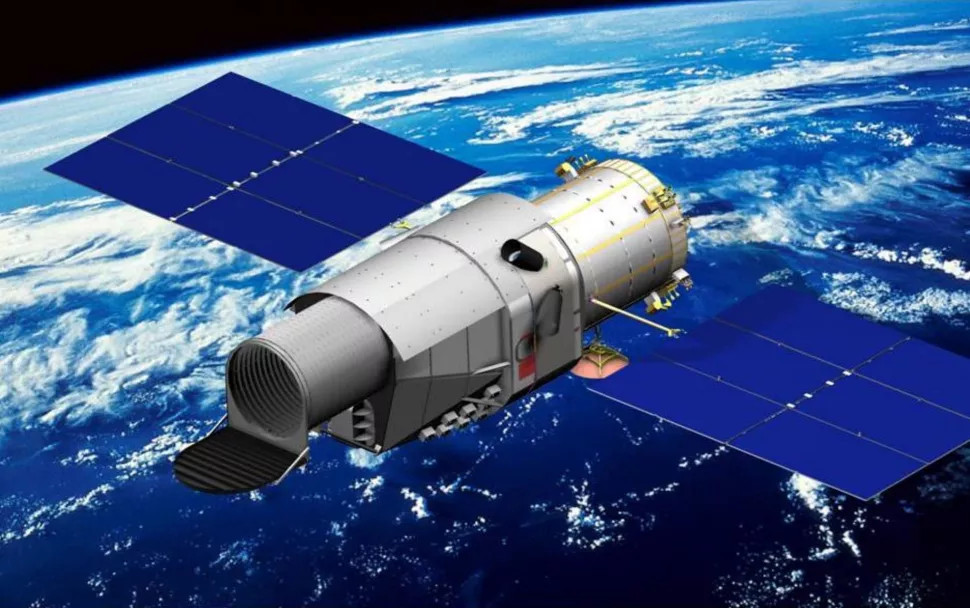How China is using artificial intelligence to upgrade satellites

Dang Zhaohui, a professor of astronautics at Northwestern Polytechnical University, with his colleagues conducted an experiment in which an artificial intelligence (AI) commanded three small hunting satellites to capture a high-value target. The article by Giuseppe Gagliano
An article published on April 25 in the national magazine Aerospace Shanghai resumed the experiment conducted by Dang Zhaohui, professor of astronautics at Northwestern Polytechnical University with his colleagues, in which an artificial intelligence (AI) commanded three small hunting satellites to capture a high-value target, repeating the exercise thousands of times.
What strategic significance to information of this kind?
First, the application of artificial intelligence in space will certainly have a great impact on global strategic stability. Secondly, artificial intelligence is capable of building anti-satellite measurements that are more precise and more difficult to trace than current ones.
In this regard, let's not forget that in March, Chinese researchers developed anti-satellite capabilities against Elon Musk's Starlink Internet satellite constellation SpaceX , citing the potential military applications of the broadband system and the threat to Chinese national security.
In the same month, Chinese researchers unveiled an advanced artificial intelligence system that enables low-cost commercial imaging satellites to become powerful spy platforms. This advanced artificial intelligence could potentially improve the capabilities of Chinese commercial imaging satellites to monitor Starlink satellites for new capabilities that indicate potential military use.
In April, the U.S. Defense Advanced Research Projects Agency (DARPA) awarded multiple contracts to General Atomics, Lockheed Martin and Blue Origin to develop a satellite nuclear propulsion system for low Earth orbit demonstrations in 2025 as part of its Demonstration program. Rocket for Agile Cislunar Operations (DRACO). Nuclear propulsion would give US satellites effective maneuvering capabilities in space warfare, increasing their flexibility for both offensive and defensive operations and increasing their survival against Chinese or Russian anti-satellite weapons.
China has also developed direct-energy weapons such as ultra-high-power microwaves and solid-state lasers for use on its satellites. These weapons use concentrated rather than kinetic electromagnetic energy to incapacitate, damage, disable or destroy enemy equipment, structures and / or personnel.
Another such weapon is a satellite-mountable solid-state laser capable of generating one megawatt of laser light and firing 100 times per second for half an hour without overheating in space. Such a laser is capable of dazzling satellite cameras or even permanently blinding satellites.
This is a machine translation from Italian language of a post published on Start Magazine at the URL https://www.startmag.it/innovazione/come-la-cina-sta-sfruttando-lai-per-potenziare-i-satelliti/ on Sun, 26 Jun 2022 04:48:22 +0000.
